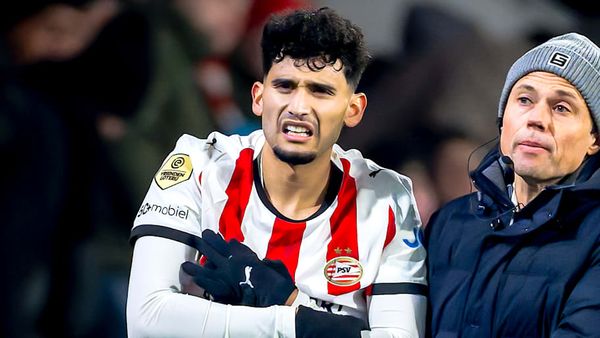More than two years after Sri Lanka cancelled a joint India-Japan MoU for the East Container Terminal (ECT) project in Colombo, the three countries are studying ways of restarting trilateral cooperation, said envoys at a conference in Delhi on Thursday. The cancellation of the MoU, worth about $500 million as well as the suspension of the Japanese-funded light rail transit (LRT) project by the previous Gotabaya Rajapaksa government, had led to a freeze in ties between Tokyo and Colombo. With India and Japan coming to Sri Lanka’s rescue during last year’s economic crisis, and offering assistance with Sri Lanka’s debt restructuring process, the Ranil Wickremesinghe government has also sought the return of infrastructure project plans as well as investment from both countries. This was the message sent during President Wickremesinghe’s visit to Delhi last month, and to Japanese Foreign Minister Hayashi, who visited Delhi and Colombo last week.
“Some projects in Sri Lanka which were to be executed jointly by India and Japan did not progress due to several reasons, but that should not deter us in exploring new cooperation. India and Japan share a vision of a Free Open and Inclusive Indo-Pacific [FOIIP], which is of relevance to all countries in the region including Sri Lanka,” said India’s point person for the Indian Ocean Region, MEA Joint-Secretary Puneet Aggarwal, speaking at the conference on trilateral cooperation organised by three think tanks including India’s NatStrat and the Vivekananda India Foundation as well as Sri Lanka’s Pathfinder Foundation.
The conference was based on a paper released by the Pathfinder Foundation, started by Sri Lanka’s envoy to India Milinda Moragoda, that suggests that India and Japan can work together on renewable energy and grid connectivity projects, development of Trincomalee as an oil pipeline hub, connectivity and people-centric projects like tourism and education.
Addressing the conference, Mr. Moragoda said that the projects discussed were part of the “Joint Economic Vision Statement” released by President Wickremesinghe and Prime Minister Narendra Modi in Delhi on July 21. However, during their talks the two leaders had concurred that while the projects would be “catalysed” by Indian and Sri Lankan governments, they would encourage the private sector to lead the investment and execution of them.
“If you envisage this whole package, it goes into billions of dollars. And I don’t think the Indian private sector alone can do this - there needs to be a partnership…. So if we can now bring Japan in and work together, that can be the way forward for them,” said Mr. Moragoda.
Officials said it is “early to say” whether India and Japan will execute projects in Sri Lanka jointly as they had planned pre-2020, or in “close coordination” instead, as they have with Bangladesh, where India and Japan are looking at complementary projects for rail and road connectivity between Bangladesh and the Northeast, However, joint MoUs are unlikely, given the problems they earlier faced in Sri Lanka. The ECT MoU that was shelved in 2021 was eventually turned over to a Chinese company, and the Adani Group was handed the West Container Terminal project nearby, leading to even more unhappiness in Tokyo, that had felt “cut out of” projects by the Rajapaksa government, something the Wickremeinghe government expressed “regrets” for in May this year.
Japan’s Ambassador to India Hiroshi Suzuki said that Japan was keen to work with India on projects in South Asia, and sees India and Sri Lanka “as indispensable partners” in order to realise Prime Minister Fumio Kishida’s vision of a Free and Open Indo Pacific, which he unveiled in a speech in Delhi this year. In particular, he said that any initiative for loans for infrastructure under the policy would adhere to the four principles of transparency, openness, economic viability, and debt sustainability. Making a particular reference to Sri Lanka’s debt restructuring process, that India, Japan and France are co-chairing a committee to assist with, he said that a necessary condition was that Sri Lanka would treat all creditors equally.
“If one country is favoured over another then the entire debt restructuring will fall apart. Sri Lankan President said publicly that Sri Lankan government will never treat any country more favourably than others,” he said in a veiled reference to China, that has sought separate assurances on repayment from Sri Lanka. India and Japan are keen to see China, Sri Lanka’s largest bilateral lender, join the creditors’ platform they have set up for the island’s foreign debt restructuring process, in the interest of greater transparency and creditor parity, but China has decided to remain an observer in the forum.
(With inputs from Meera Srinivasan at Colombo)







